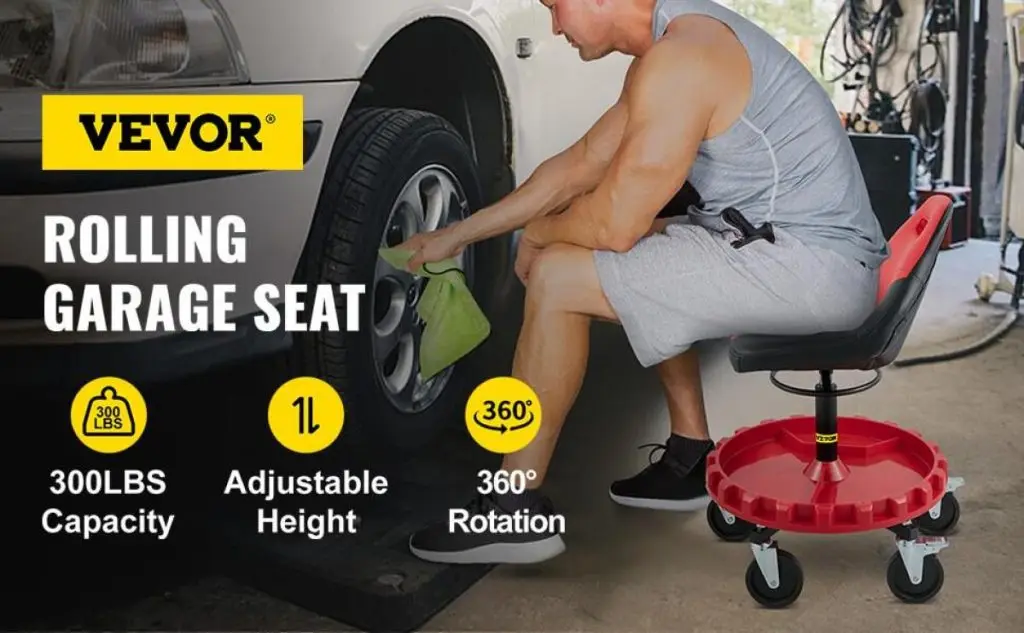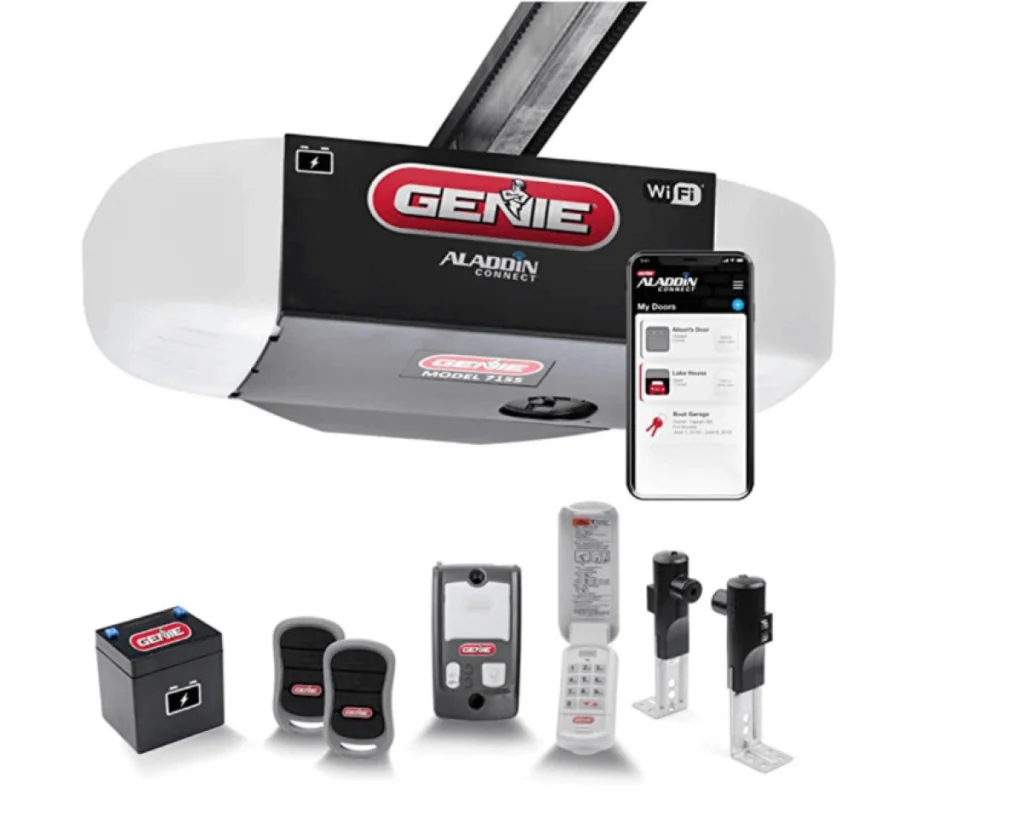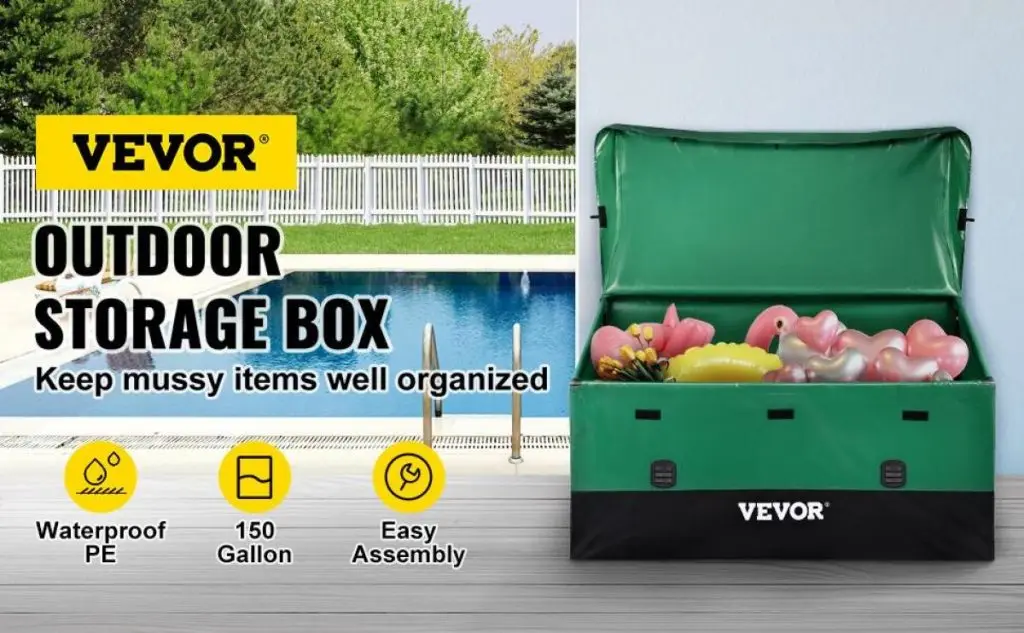Are you looking for the best heating system for your van life journeys? We have you covered! Having a diesel heater for the van is important for your personal comfort and security. Let’s discuss the best diesel heaters for vans in this blog, along with other factors that will help you make the ideal decision for your requirements.
Table of contents
- Why Choose a Diesel Heater for Your Van ?
- Key Factors to Consider When Choosing a Diesel Heater for Van
- Maintenance Tips to Keep Your Diesel Heater Running Efficiently
- Best Diesel Heaters for Vans in 202 4
- FAQs About Diesel Heaters for Vans
- Conclusion: Why You Should Consider a Diesel Heater for Your Van
Why Choose a Diesel Heater for Your Van?
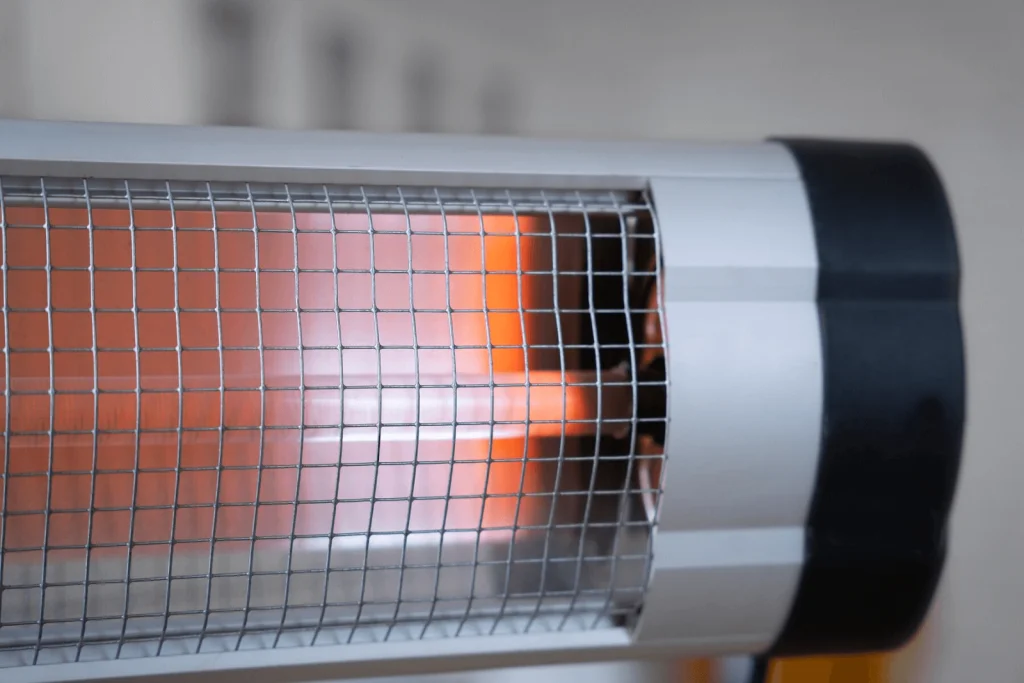
The popularity of camper van heaters is soaring among van dwellers and many users are adopting them for good reasons. This is because their efficiency, reliability, and safety are difficult to surpass.
So, what are the features that distinguish them from the other available heating options? Let’s break it down:
Unbeatable Efficiency
- Uses minimal fuel (typically 0.1-0.5 liters per hour)
- Low electrical consumption (around 1 amp per hour after initial startup)
- Provides consistent heat output even in extreme conditions
Superior Safety Features
- Separate combustion chamber that vents outside
- Built-in carbon monoxide prevention
- Automatic shutdown protection
- Lower fire risk compared to propane heaters
Practical Advantages
- Can often run directly from your van’s fuel tank
- No need to carry separate fuel containers
- Works effectively at high altitudes (with proper equipment)
- Helps reduce interior condensation
Key Factors to Consider When Choosing a Diesel Heater for Van
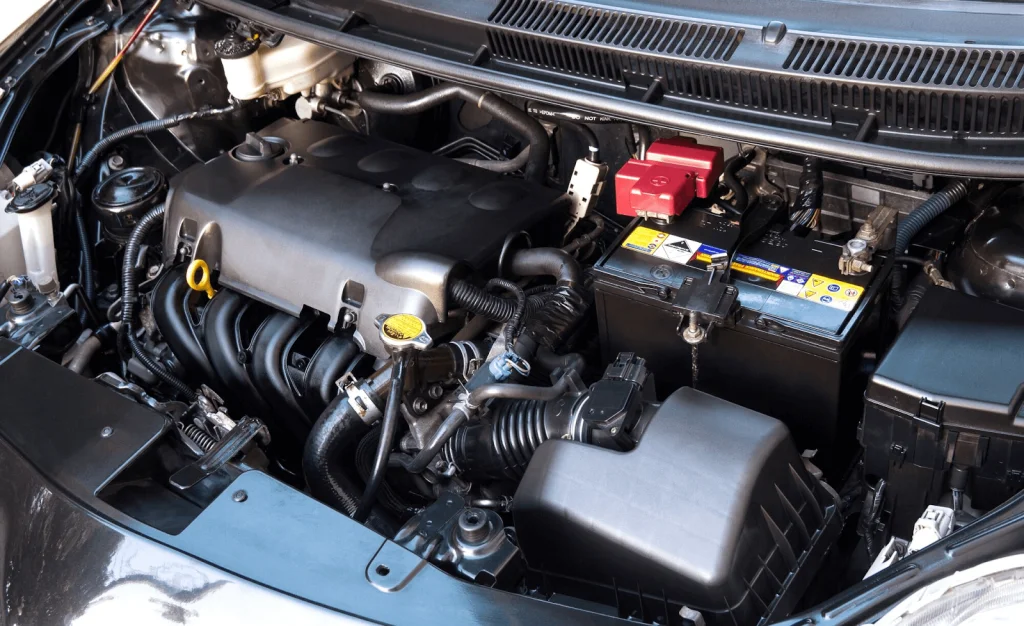
Let us break down some factors for you to consider for camper van heaters:
Heating Capacity: How to Ensure the Right Fit for Your Van
Here’s the thing about heating capacity – size really does matter. But bigger isn’t always better when it comes to diesel heaters for vans:
Understanding BTU and kW Ratings:
- 2kW = 6,824 BTU/hr (Perfect for small vans)
- 5kW = 17,060 BTU/hr (Ideal for medium vans)
- 8kW = 27,296 BTU/hr (Great for large RVs)
But how do you determine the size you need? This is a simple formula:
- Calculate your van’s volume (length × width × height in feet)
- Consider your insulation level:
- Well-insulated: Need 25 BTU per cubic foot
- Moderately insulated: Need 35 BTU per cubic foot
- Poorly insulated: Need 45 BTU per cubic foot
Pro Tip: The 5kW diesel heater from VEVOR is great for most van configurations; it has a high-performance rating for fuel-efficient mid-size vehicle powering.
Fuel Efficiency: How Much Fuel Will Your Diesel Heater Consume?
Let’s discuss fuel consumption. Today’s diesel heaters are quite effective, however there are a few factors to consider for camper van heaters:
Typical Fuel Consumption Rates:
- Low power mode: 0.1-0.2 liters per hour
- Medium power: 0.2-0.3 liters per hour
- High power: 0.3-0.5 liters per hour
Model Comparison:
- VEVOR 5kW:
- Average consumption: 0.1-0.4L/hr
- Cost per 8-hour night: $1-3
- Excellent efficiency rating
- Webasto AT2000:
- Average consumption: 0.12-0.28L/hr
- Cost per 8-hour night: $2-4
- Premium efficiency rating
- Espar D2:
- Average consumption: 0.1-0.28L/hr
- Cost per 8-hour night: $2-4
- Premium efficiency rating
Noise Levels: How Quiet Should a Diesel Heater Be?
What you should know about diesel heater noise is as follows:
Typical Noise Levels:
- Start-up: 60-65 dB (similar to normal conversation)
- Running: 45-55 dB (like a quiet library)
- External noise: 65-75 dB (outside the van)
Noise Reduction Tips:
- Install rubber mounting brackets
- Use sound-deadening material around the unit
- Position the heater away from sleeping areas
- Consider a silencer kit (most VEVOR models include one)
Installation Process: DIY or Professional Setup?
The installation process can make or break your diesel heater experience. Let’s break it down for a camper diesel heater:
DIY Installation Requirements:
- Time needed: 4-6 hours
- Basic tools: Drill, hole saw, basic hand tools
- Technical skills: Basic electrical knowledge
- Space requirements: Access to the underside of the van
Essential Installation Steps:
- Planning and preparation
- Choose mounting location
- Plan fuel line routing
- Map out the exhaust path
- Identify intake air location
- Physical installation
- Mount the heater unit
- Install fuel tank or tap into existing tank
- Route exhaust and intake pipes
- Connect electrical system
- Testing and adjustment
- Initial startup procedure
- Altitude adjustment (if needed)
- Temperature calibration
Professional Installation Considerations:
- Cost: $200-500
- Benefits: Warranty protection, proper setup
- When to choose: Complex electrical systems, tight spaces
Price and Budget: How to Balance Cost and Quality
Let’s talk money for a camper diesel heater – because getting the best value doesn’t always mean buying the cheapest option:
Budget Breakdown:
- Entry-Level (VEVOR and similar):
- Cost: $100-300
- Features: Basic controls, standard warranty
- Best for: Weekend warriors, budget-conscious users
- Mid-Range:
- Cost: $300-700
- Features: Better build quality, better warranty
- Best for: Regular users, moderate climates
- Premium (Webasto, Espar):
- Cost: $700-1500+
- Features: Top build quality, extended warranty
- Best for: Full-time van life, extreme conditions
Safety Features: How Safe Are Diesel RV Heaters?
Safety isn’t a choice – it’s very important. Here’s what you should look for:
Must-Have Safety Features:
- Overheat Protection
- Automatic shutdown if temperature exceeds limits
- Temperature sensors in multiple locations
- Rapid cool-down procedures
- Carbon Monoxide Safety
- CO sensors recommended
- Proper exhaust routing
- Ventilation requirements
- Electrical Safety
- Overcurrent protection
- Low voltage cutoff
- Surge protection
- Operating Safety
- Altitude sensors (especially important for mountain travel)
- Fuel pressure monitoring
- Error code display
Safe Operation Tips:
- Install a carbon monoxide detector
- Ensure proper ventilation
- Regular maintenance checks
- Follow startup/shutdown procedures
The VEVOR Advantage:
- All essential safety features included
- User-friendly error code system
- Comprehensive manual
- Responsive customer support
Remember: The best diesel heater for a camper van is one that balances all these factors – heating capacity, fuel efficiency, noise levels, installation requirements, budget, and safety features. VEVOR offers an excellent compromise across all these factors, making it a solid choice for most van builds.
Maintenance Tips to Keep Your Diesel Heater Running Efficiently
The following may help you keep your diesel van heater operating efficiently over time:
Regular Cleaning and Maintenance
1. Filter Maintenance
Air Filter
- For maintenance reasons, it is important to remove and check the air filter after every two or three months.
- To clean the filter, lightly smack it to chuck away any extra dust and dirt. When inspecting the filter, look closely for any wear or heavy dirty contamination.
- Worn-out or dirty filters should be replaced as soon as possible. After handling the filter, ensure you clean the filter housing thoroughly with a dry cloth.
Fuel Filter
- To ensure peak performance, the fuel filter shall be subject to regular maintenance checks every 6 months.
- During maintenance inspection, inspect the fuel filter for any blockages or pollutant ingress that may affect its performance.
- The fuel filter can be changed in due course each year, but more often if its condition begins to deteriorate.
- When fitting replacement filters, only fit those that have been specified by the manufacturer.
- After replacing the filter, take time to verify that all fuel lines are properly connected to prevent any fuel leakage.
2. Exhaust System Care
Exhaust Pipe Maintenance
- Exhaust system monthly checks play a vital role in ensuring proper operation.
- There should be an inspection of the exhaust pipe for excessive soot buildup that would require cleaning by wire brushing that particular area.
- Routine checking should also include an inspection for signs of rust or material loss which could affect the system as well.
- Security and tightness of all attachment brackets must be inspected.
- It is important to make sure that there is a reasonable distance from exhaust parts to flammable items.
Carbon Buildup Prevention
- Run your heater at the maximum temperature for 30 minutes every month to avoid the buildup of carbon deposits.
- Furthermore, while in operation, keep an eye out for dark smoke which is a sign of inefficient combustion.
- The exhaust tip requires regular cleaning to maintain proper airflow.
- Ensure that there is adequate ventilation around all exhaust components to prevent overheating and promote efficient operation.
3. Fuel System Maintenance
Fuel Lines
- To keep the system safe and efficient, it is necessary to carry out the fuel lines quarterly inspection.
- While inspecting the lengths of these fuel lines, look for cracks or splits that might allow a fuel leak to occur.
- Check all connections to ensure they remain tight and secure.
- Examine the joints and connections for any evidence of fuel seepage.
- Confirm that the hoses are devoid of any heat damage and properly installed, away from any heat sources.
- It is advisable that the fuel container be serviced once a year to clear any built-up deposits.
- For enhanced safety and effectiveness, it is advisable to change the entire gas line fittings after every 2 to 3 years.
The Fuel Quality
- The grade of fuel used in your heater has a direct influence on its performance and lifetime.
- Always use clean diesel fuel that is free of water contaminants.
- When storing your heater for a lengthy period of time, consider using a fuel stabilizer to avoid fuel deterioration.
- To maintain reliable functioning over the winter season, drain any old fuel and replenish it with fresh diesel.
- Keeping your gasoline tank over a quarter full helps prevent moisture from collecting within.
Troubleshooting Common Issues
Here’s what you need to do if your diesel van heater fails to start or runs inefficiently:
1. Heater Fails to Start
When your heater will not turn on, several factors could be the reasons.
- First, see that the battery voltage does not drop below 12V for operational purposes.
- All filters must be inspected, as their blockage may result in problems.
- Check the fuel level in the tank and whether it is old or not.
- Don’t forget to check the glow plug since it is essential for starting the heater.
- Look at the fresh air intake, in case it has a feature that blocks air from coming in.
2. Poor Performance
Poor heater performance can manifest through several symptoms. You may notice excessive smoke production during operation or irregular heating patterns. Unusual noises during operation often indicate mechanical issues that require attention. If you experience weak heat output, this usually suggests an efficiency problem that needs addressing.
To resolve these issues, begin by thoroughly cleaning all filters and inspecting fuel lines for any restrictions. The exhaust system must be inspected for obstacles that could hinder its normal functioning. Check the functionality of the fuel pump to confirm that it is providing the correct amount of fuel. Make sure that the freely allows sufficient airflow in and out. In cases of persistent problems, the combustion chamber may require professional cleaning.
Best Diesel Heaters for Vans in 2024
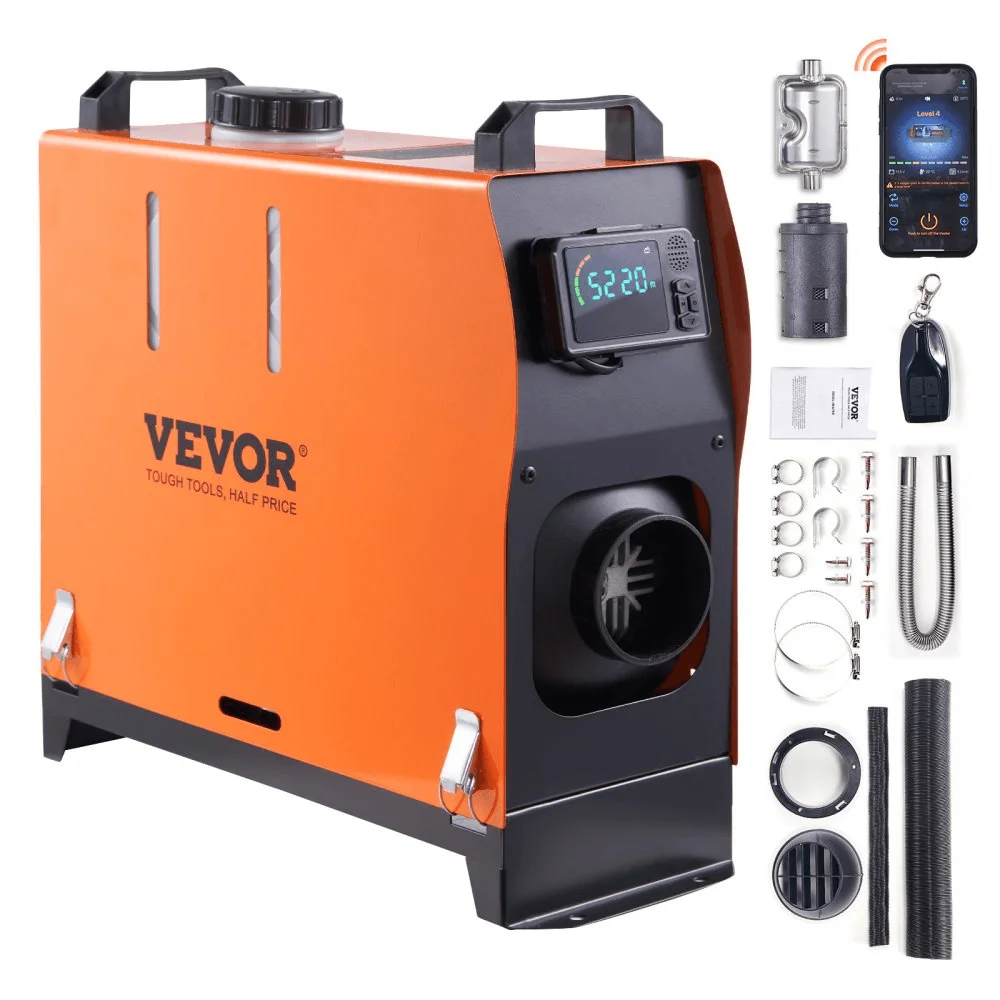
Deciding what diesel van heater to purchase for your van is very important if you want to live comfortably in cold conditions. Once more, let us explore different diesel heaters for vans in 2024 emphasizing both affordable and costly options, so that you can make the right choice.
Recommended For Your Project
1. VEVOR Diesel Heater: The Best Budget-Friendly Option
Key Features
The VEVOR diesel heater has established itself as the preferred choice among budget-conscious van owners. This heating system offers impressive performance at an accessible price point of approximately $150-200, making it significantly more affordable than premium alternatives.
Performance Specifications
- Heat Output: 5KW capacity suitable for medium to large vans
- Fuel Consumption: Approximately 0.1-0.5 liters per hour
- Operating Voltage: 12V DC system compatible with standard van electrical systems
- Temperature Control: Digital control panel with remote operation capability
- Installation: Comes with both a standalone tank option and direct fuel line connection components
Advantages
The VEVOR diesel van heater provides several notable benefits:
- Cost-effective initial investment while maintaining reliable performance
- Comprehensive installation kit including mounting hardware and fuel lines
- Digital control system with temperature adjustment capabilities
- Remote control functionality for convenient operation
- Relatively quiet operation with included noise reduction components
User Experience
Many van owners report positive experiences with the VEVOR system, particularly noting:
- Quick heating capability even in cold conditions
- Straightforward installation process with included components
- Reasonable fuel efficiency during extended use
- Reliable performance in various weather conditions
- Acceptable noise levels, especially with the included silencer
2. Webasto HeaterS
Webasto represents the premium segment with several advantages:
- Superior build quality using high-grade materials
- Professional engineering with precise temperature control
- Extended warranty coverage (typically 2-3 years)
- Lower failure rate and longer expected lifespan
- Enhanced efficiency in fuel consumption
- Quieter operation with advanced noise reduction
- Price range: $800-1200
3. Espar/Eberspacher Systems
Another premium competitor offering:
- German engineering and manufacturing
- Advanced diagnostic capabilities
- Sophisticated temperature regulation
- Enhanced altitude performance
- Extended service life expectancy
- Comprehensive warranty coverage
- Price range: $900-1300
The VEVOR diesel RV heaters present an excellent value proposition for van owners seeking a reliable heating solution without premium pricing. Even though it does not have the elegance and durability of the systems of Webasto or Espar, it works well within its pricing bracket.
FAQs About Diesel Heaters for Vans
Is It Possible to Install Diesel heaters for RVs or a Camper?
Of course, diesel heaters are ideal for RVs and campers benefitting from any other type of fuel. The heater can draw fuel from the car’s main diesel tank or simply rely on a dedicated fuel reservoir. The heater only needs a 12V power supply, adequate ventilation, and enough space for installation (typically around 40cm x 30cm x 20cm).
How Much Does It Cost to Run a Diesel Heater for Vans?
Running a diesel heater is surprisingly affordable. It uses 0.1-0.5 liters of fuel per hour, depending on the heat setting. At current diesel rates, this works out to about $1-3 per day for 8 hours of use. The electrical consumption is minimal, drawing only about 1 amp per hour when running.
Are Diesel Heaters Safe for Overnight Use?
Yes, diesel heaters are safe for overnight use when properly installed. They feature multiple safety systems including overheating protection, automatic shutoff, and separate combustion chambers that vent all exhaust gasses outside the vehicle. For added safety, it’s recommended to install a carbon monoxide detector and ensure proper ventilation in your space.
Conclusion: Why You Should Consider a Diesel Heater for Your Van
Investing in a quality diesel heater is crucial for a comfortable van life, especially during colder months or at higher altitudes. While premium brands have their merits, budget-conscious options like VEVOR’s range offer impressive value without compromising on essential features.
Remember: The best heater is one that meets your specific needs while providing reliable, safe operation. Take time to assess your requirements, and don’t hesitate to reach out to experienced van lifers for their insights. Ready to stay warm on your adventures? Check out the VEVOR 8kW All-in-One Diesel Heater for a feature-rich heating solution that won’t break the bank.



